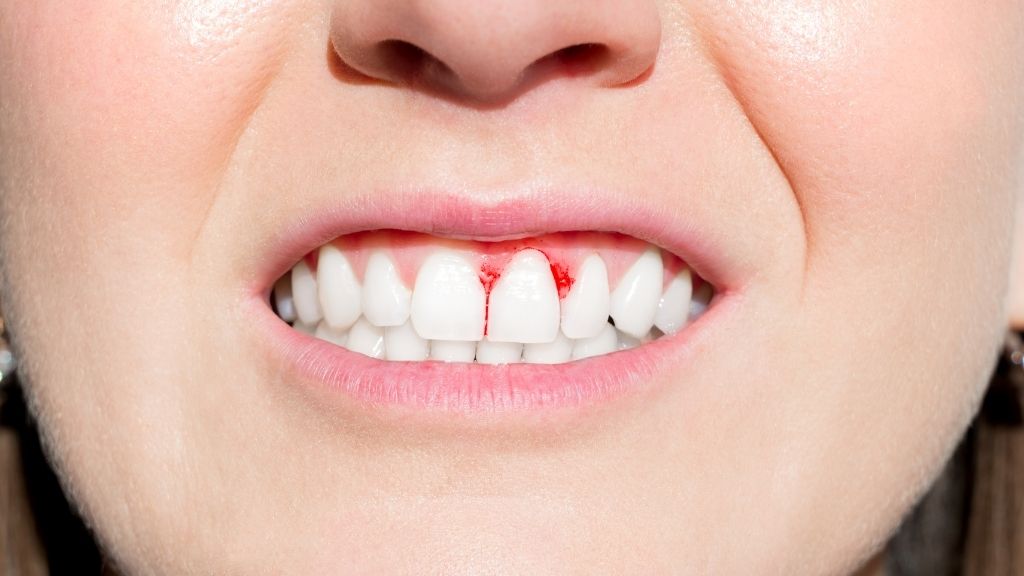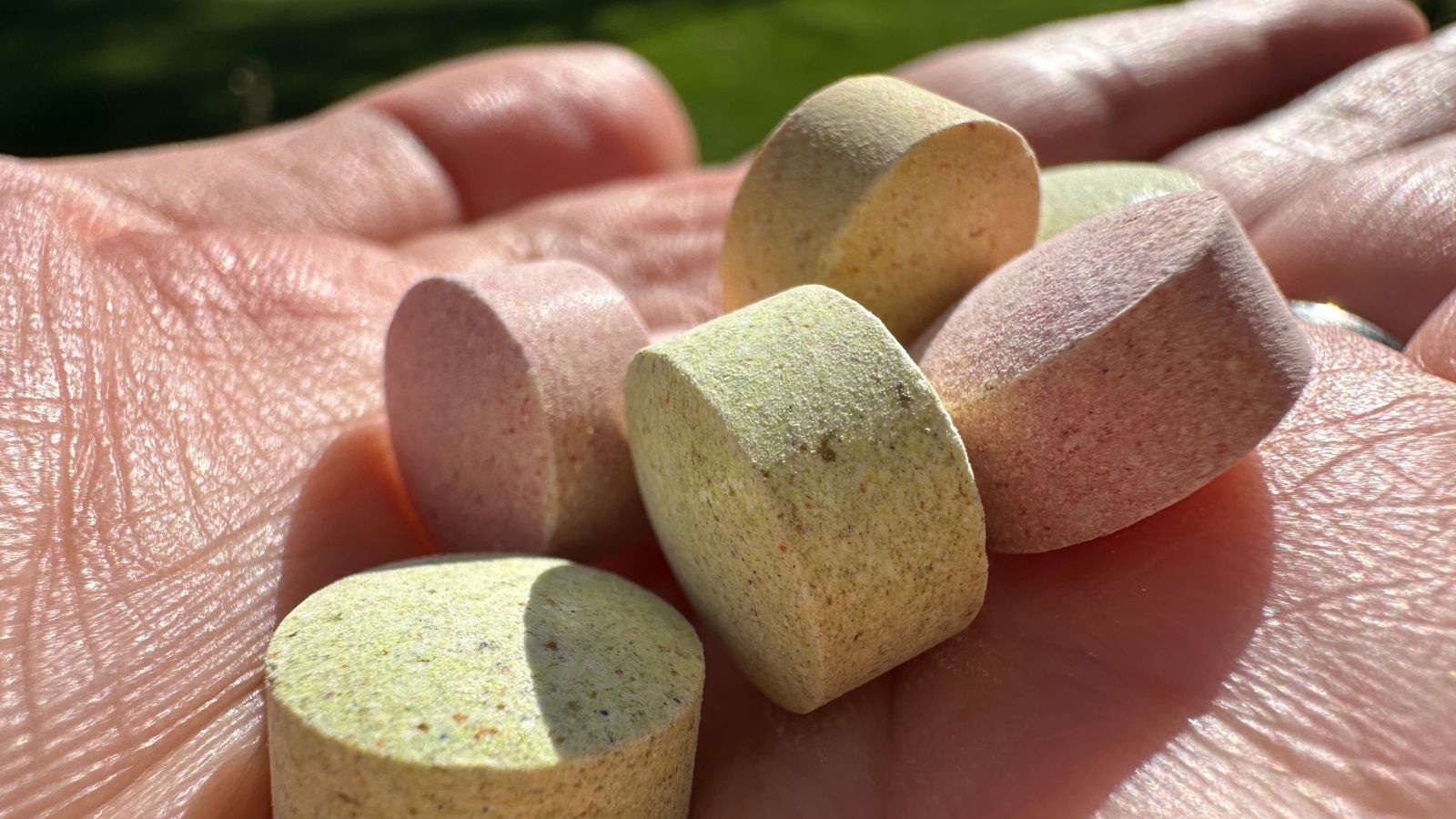How Neglecting Oral Hygiene Leads to Tooth Loss

Most people rarely pay attention to their oral hygiene until they notice blood on their toothbrush when brushing or are experiencing inflammation. Gum disease develops in stages, and being keen on your oral health can help detect gum disease before advanced symptoms set in. If you suspect that you have periodontal gum disease, you can consult the Midtown periodontal gum diseases specialists for consultation and dental exams.
What are the categories of periodontal gum disease?
Periodontal gum disease is a severe gum disease that occurs due to an accumulation of bacteria in your gums and teeth, leading to infection and inflammation. Over time, periodontal gum disease may progress, invading your bones and weakening your teeth. With the help of a general dentist in Green Bay, WI, treating it early and maintaining proper oral hygiene can prevent further damage. Periodontal gum disease occurs in two locations, including:
- Gingivitis
Gingivitis s the first stage of periodontal gum disease, which results in redness, inflammation, and gum irritation. If left untreated, this gum disease can advance into a more severe dental condition called periodontitis, a leading cause of tooth loss.
- Periodontitis
Periodontitis is an advanced stage of periodontal gum disease, and it develops when the connection between your teeth is weakened due to inflammation. Over time the infection spreads to your bones resulting in bone loss and eventually tooth loss.
Regular dental check-ups can help detect gum disease before it causes irreversible damage.
Does periodontal disease cause painful symptoms?
During your routine dental exams, your doctor may check for signs of redness or inflammation and offer treatments to prevent further progression. Your symptoms may worsen as your gum disease advances. At first, your gums may become overly sensitive and bleed easily when brushing or flossing. You may also notice receding gums, more expansive spaces between your teeth, and changes in your gum tissue color. Advanced stages increase the risk of losing your teeth.
What factors contribute to the occurrence of periodontal gum disease?
The bacteria feed on the food remains in your teeth and release acid that causes your enamel to wear away. You can prevent plaque accumulation by flossing and brushing daily. Dental experts also recommend a routine professional cleaning to remove stubborn plaque and meticulously clean under your gums. Plaque causes gum irritation, leading to inflammation that creates tiny pockets in your gums, a conducive environment for bacteria.
Is periodontal gum disease reversible?
Adopting healthy oral hygiene habits and adhering to your routine dental check-ups usually prevent gingivitis from progressing. If you have periodontitis, the dental specialists at 286 Madison Dental may recommend several treatments to reverse the damage. Your provider may recommend scaling and root planning to professionally remove stubborn plaque and tartar. This procedure also prevents additional accumulation of tartar.
Laser treatments restore the health of your gums and have a shorter recovery period compared to traditional therapies. If you have severe periodontitis, your provider may recommend flap surgery which involves deep cleaning under your gums. The team at 286 Madison Dental may also recommend periodontal reshaping to eliminate the pockets in your gums and enhance gum adhesion.
Visit the 286 Madison Dental or book your spot online for a consultation today.









